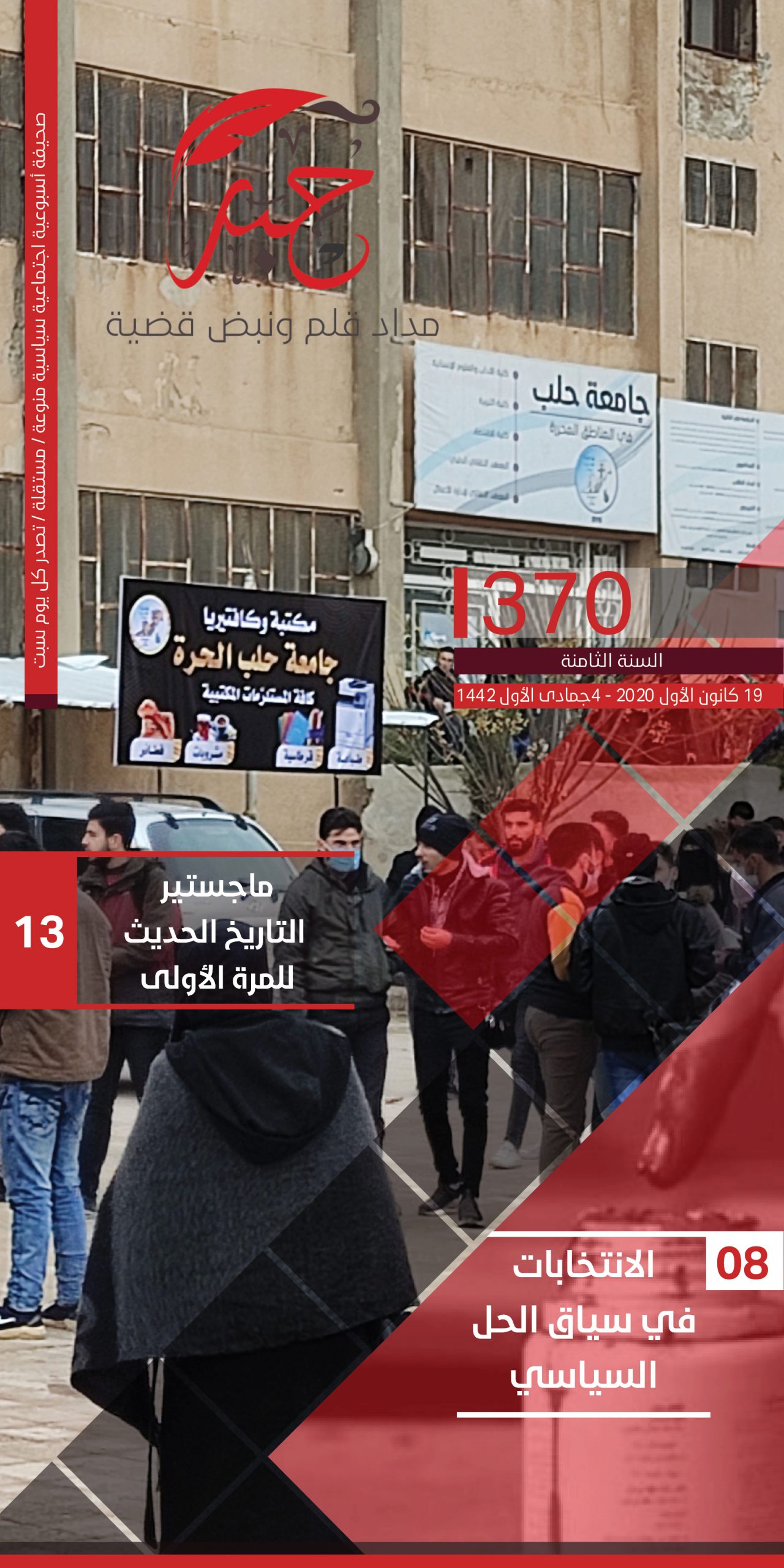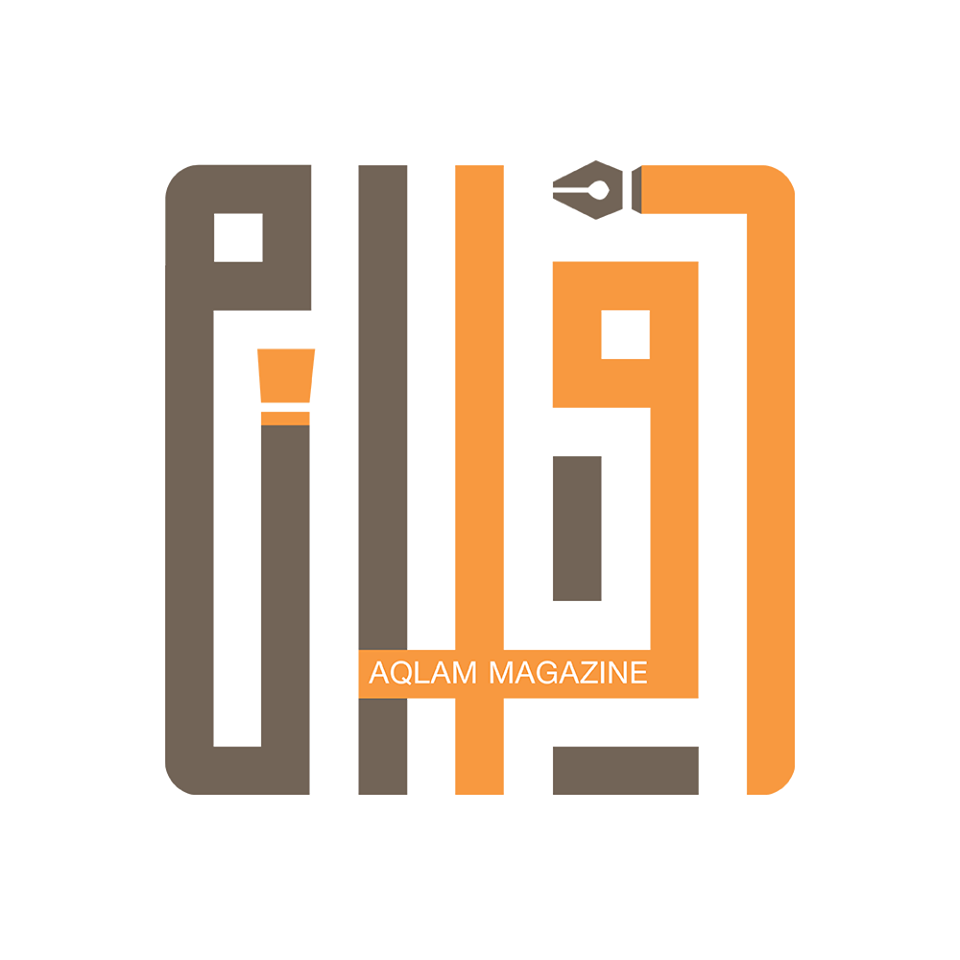البسمة لا تفارق وجهها البريء، مرحةٌ وجميع من حولها يفهم لغة عينيها الواسعتين وحركات أصابعها الصغيرة. “أمل شهيد” طفلة في العاشرة من عمرها لا تسمع ولا تتكلم، تتواصل مع أسرتها وأصدقائها بلغة الإشارة وتفهمهم من حركة شفاههم. قالت بلغة الإشارة: “أنا سعيدة بالتكلم معك” ورسمت قلب حب بحجم أصابعها.
وُلدت (أمل) من أبوين أصمين وأبكمين، لكن والدها رحل كما قالت وتركها مع أهل والدتها منذ سنوات. تعيش أمل مع والدتها في بيت جدتها السبعينية بعد أن هُجّروا منذ سنوات من مدينة حلب ليستقروا في “دارة عزة” مسقط رأسهم غربي حلب.
تقول الجدة: “إن والدة أمل درست في مدرسة للصم والبكم في مدينة حلب، لكن في “دارة عزة” لا تتوفر هذه المدارس الخاصة. وتصر أمل على الذهاب إلى المدرسة، وكانت تراقب التلاميذ بشكل مستمر من وقت ذهابهم وحتى عودتهم.”
جاءت أمل إلى المدرسة وهي ليست متأكدة من أنها ستتلقى التعليم مثل باقي الأطفال نظراً لحالتها. إلا أن مدرستها اهتمت بها بشكل خاص وحرصت على تقديم الدعم لها باستخدام لغة الإشارة خلال حصص الدرس. كما أن مسؤولي الحماية قدموا لها الدعم النفسي والتشجيع عن طريق الأنشطة الترفيهية ومهارات الحياة.
استطاعت أمل التغلب بشكل لافت على إعاقتها بل وتعدت ذلك بإظهار مواهبها في الرسم والحياكة باستخدام الصوف.
أمل تتلقى التعليم وتصنع مستقبلها بيدها الآن، وتأمل أن تصبح معلمة في المستقبل.
للأسف لا تتوفر أي مؤسسات متخصصة لرعاية أمل أو الصم والبكم في شمال سوريا، ولم تفتتح أي مدرسة أو مركز متخصص لرعاية ذوي الاحتياجات الخاصة (صم – بكم – فقدان بصر – إصابات العجز) في الشمال السوري طيلة فترة الحرب، سوى من خلال بعض المبادرات الأهلية الضيقة كما في مدرسة الأتارب (غرب حلب) التي افتتحت العام الماضي بجهود بعض المتطوعين وتعاني صعوبات في استمرارها.
كما أنه لا يوجد أي إحصاءات دقيقة حول أعداد الصم والبكم أو ذوي الاحتياجات الخاصة سوى ما تذكره الأمم المتحدة كرقم عام حيث تقول في تقاريرها بأن أكثر من ثلاثة ملايين سوري يعانون من إعاقة جسدية.
Amal’s Story
A smile does not leave her innocent face, a playful and everyone around her understands the language of her wide eyes and the movements of her little fingers. Amal Shahid, a 10-year-old girl who does not hear or speak (deaf and mute) communicates with her family and friends in sign language and understands them from the movement of their lips, “I’m happy to talk to you,” she said in sign language, drawing a love heart as the size as her fingers.
As her father and mother, she is deaf and mute at birth, her father passed away, and left her with her grandmother’s family years ago.
Amal lives with her mother in her 70s grandmother’s house after being displaced years ago from Aleppo to settle in their hometown of” Daret ezza”, west of Aleppo. “Amal’s mother studied at a deaf and mute school in Aleppo, but in “Dart ezza”, these private schools are not available.” Amal insists on going to school, and she has been constantly monitoring the students from the time they go until they return from school.” Amal came to school and she is not sure she will be educated like the rest of the children because of her condition.
However, her teacher took special care of her and made sure to support by using sign language during classes. Protection officers in the school have also provided psychosocial support and encouragement through entertaining activities and life skills.
Amal was remarkably able to overcome her disability and even to show her talents in painting sewing and knitting using wool.
Nowadays, Amal receives education and makes her future with her hand, and hopes to become a teacher in the future.
Unfortunately, there are no specialized institutions to care for Amal, deaf and dumb in northern Syria, and no school or specialized center for the care of people with special needs has been opened (Deaf- mute – Loss of Sight – Disability Injuries). Only through some narrow community initiatives, such as the “Atareb School” (west of Aleppo), which opened last year by efforts of some volunteers and has difficulties in continuation operated.
There are also no accurate statistics on numbers of deaf, mute or disabled people other than what the United Nations mentions as a general figure, which reports that more than three million Syrians suffer from physical disability.







 قم بزيارة موقع مجلة أقلام
قم بزيارة موقع مجلة أقلام
 صفحة صحيفة حبر على موقع أرشيف المطبوعات السورية
صفحة صحيفة حبر على موقع أرشيف المطبوعات السورية
 قم بزيارة مركز حبر للدراسات
قم بزيارة مركز حبر للدراسات